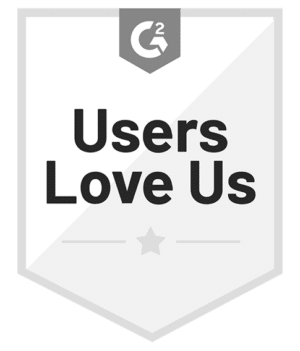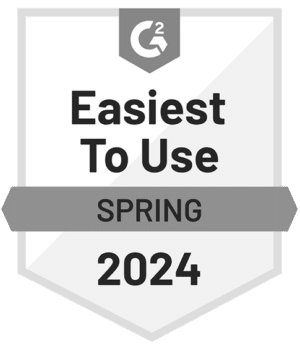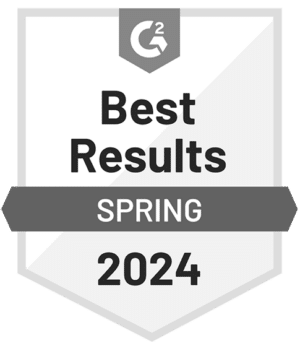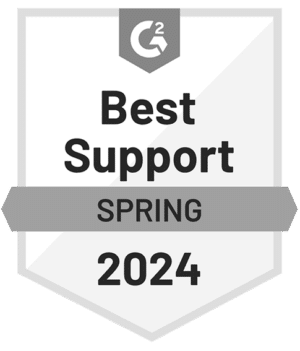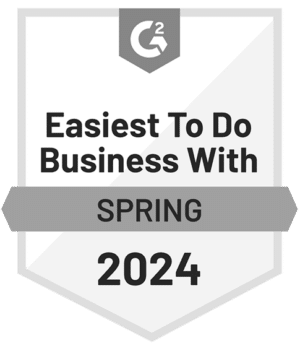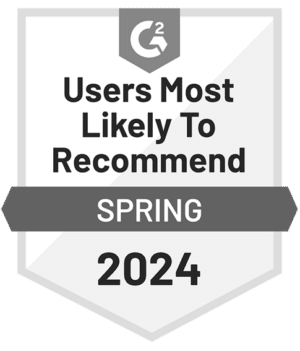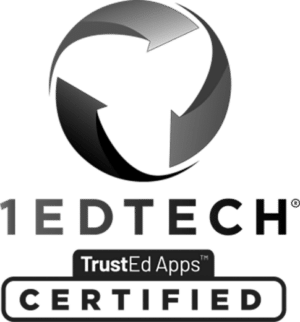
Welcome back to SchoolStatus’ Coaching Roundup! This month we’re sharing what it takes to finish the year strong with end-of-year coaching strategies.
3 Reasons Why End-of-Year Coaching Cycles Are the Best
Tonya Moody believes end-of-year coaching cycles are the perfect time to encourage risk-taking and promote a culture of learning.
“Coaching cycles happen throughout the entire school year and can look different based on the needs of your district and teachers. Additionally, the time of year that a coaching cycle takes place can be a very personal decision for a teacher. . . . End-of-year may not seem like the perfect time to dig in and collaboratively learn together in coaching cycles, but it may be the best time to do the work.”
End-of-Year Reports: An Essential Part of Coaching
Elena Aguilar promotes end-of-year reports for coaches to reflect on their work with teachers.
“Each coach wrote End of Year Reports on their clients, describing the growth the teacher or leader made and providing evidence of that growth. This process allowed my coaches to gain a deeper understanding of themselves as coaches, as well as of their clients, and allowed them to clearly identify next steps in their work.”
End-of-Year Reflection for Coaches
Nikki Turner explains why self-reflection and asking teachers for feedback helps coaches create data-driven growth.
“As an instructional coach, it is important to make sure you are maximizing the effect you can have in a classroom. The teachers you coach depend on you to help create data-driven changes in the classroom, so you want to make sure you are doing everything you can in that venture. One of the best ways to reflect back on your year is to get feedback from the people you work with the most, teachers. A great way to get feedback is through a survey.”
5 End-of-Year Tasks for Instructional Coaches
Chrissy Beltran shares a few of her techniques for ending the school year strong while prepping for the next one.
“A lot of teachers ask, ‘What do you do at the end of the year?’ I remember being in the classroom. Filling out endless paperwork about students, working on fun (and stressful) end of year projects, and packing everything up. As a coach, the end of the year is very different. . . . I can focus my energy on physically setting up my room and getting organized, revisiting my goals, and planning some great teacher training teacher support systems.”
End of the Year Reflection
Kaneland Coaches offer a few self-reflection questions for coaches to share with students and teachers to compliment personalized learning.
“Self-reflection is what teachers do every day. It is not only important for teachers to self-reflect, but it would be meaningful too to have your students do the same. Remember one important aspect of personalized learning is the reflection piece.”
Year-End Goal Setting
Steve Barkley encourages teachers to collaborate with one another to set goals, review student work, and create a team culture that coaches can help promote.
“When looking at the start of a school year it is often helpful to engage the previous year’s teacher in setting the learning goals because of her knowledge of the students. As teachers are working on the last quarter push to the year’s end, it can be the perfect time to engage with the next grade level teachers to set goals for the upcoming year. . . . Changes in teaching can be planned in the conversation that includes last year’s, this year’s and next year’s teachers.”
Stay Connected
News, articles, and tips for meeting your district's goals - delivered to your inbox.




